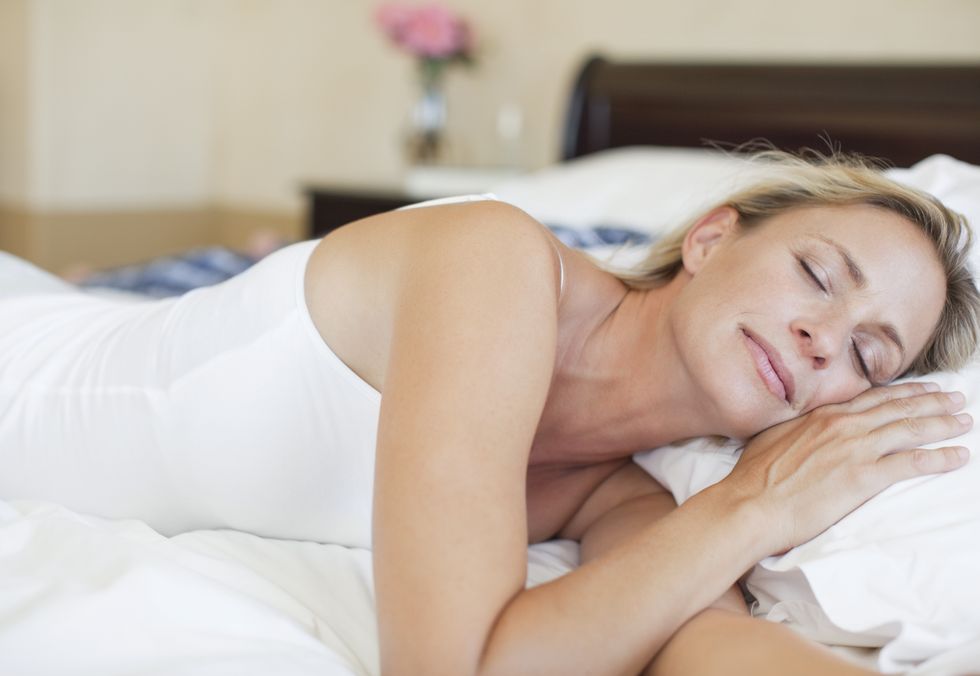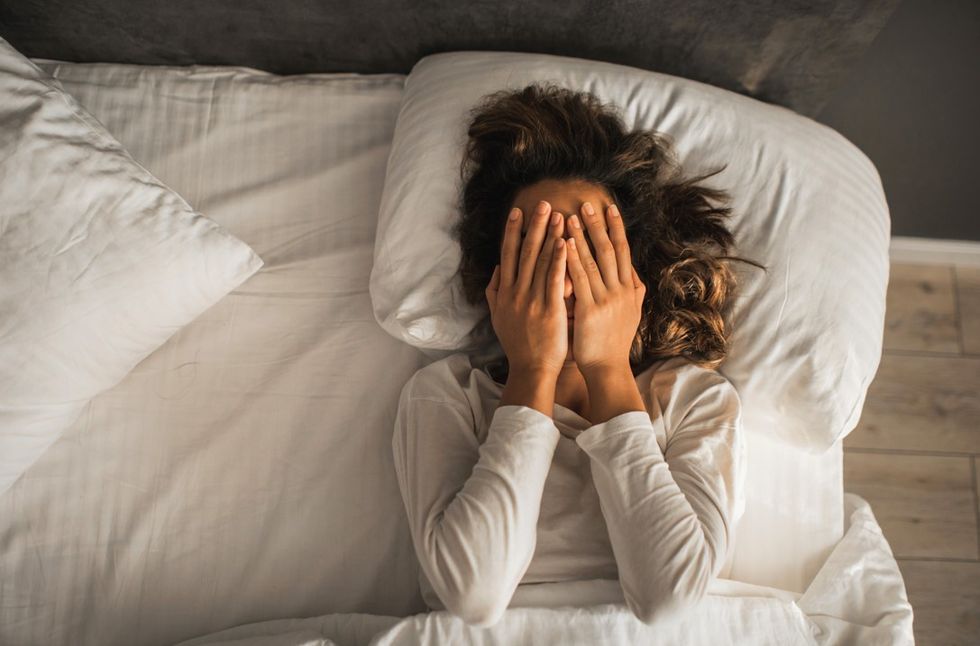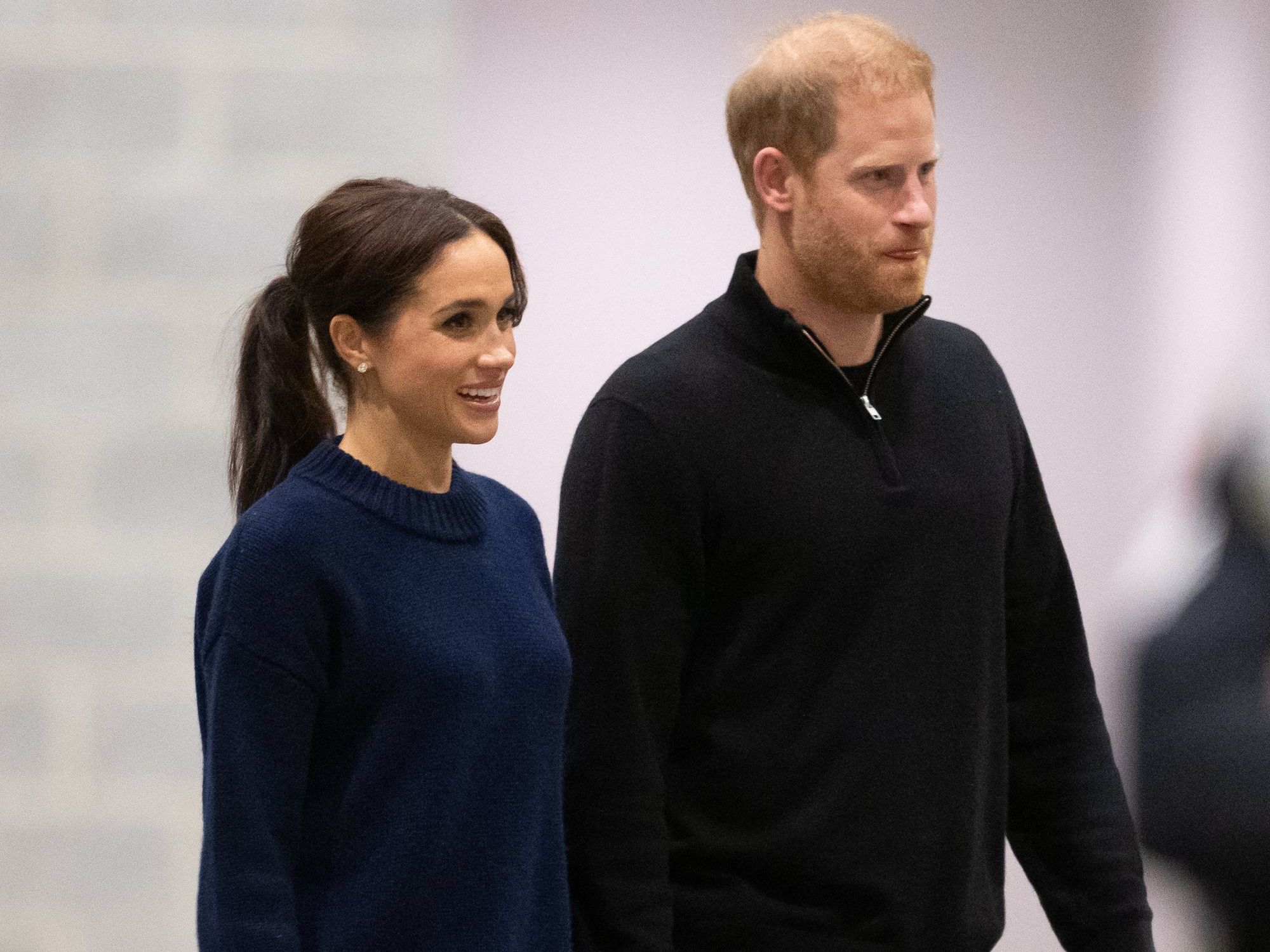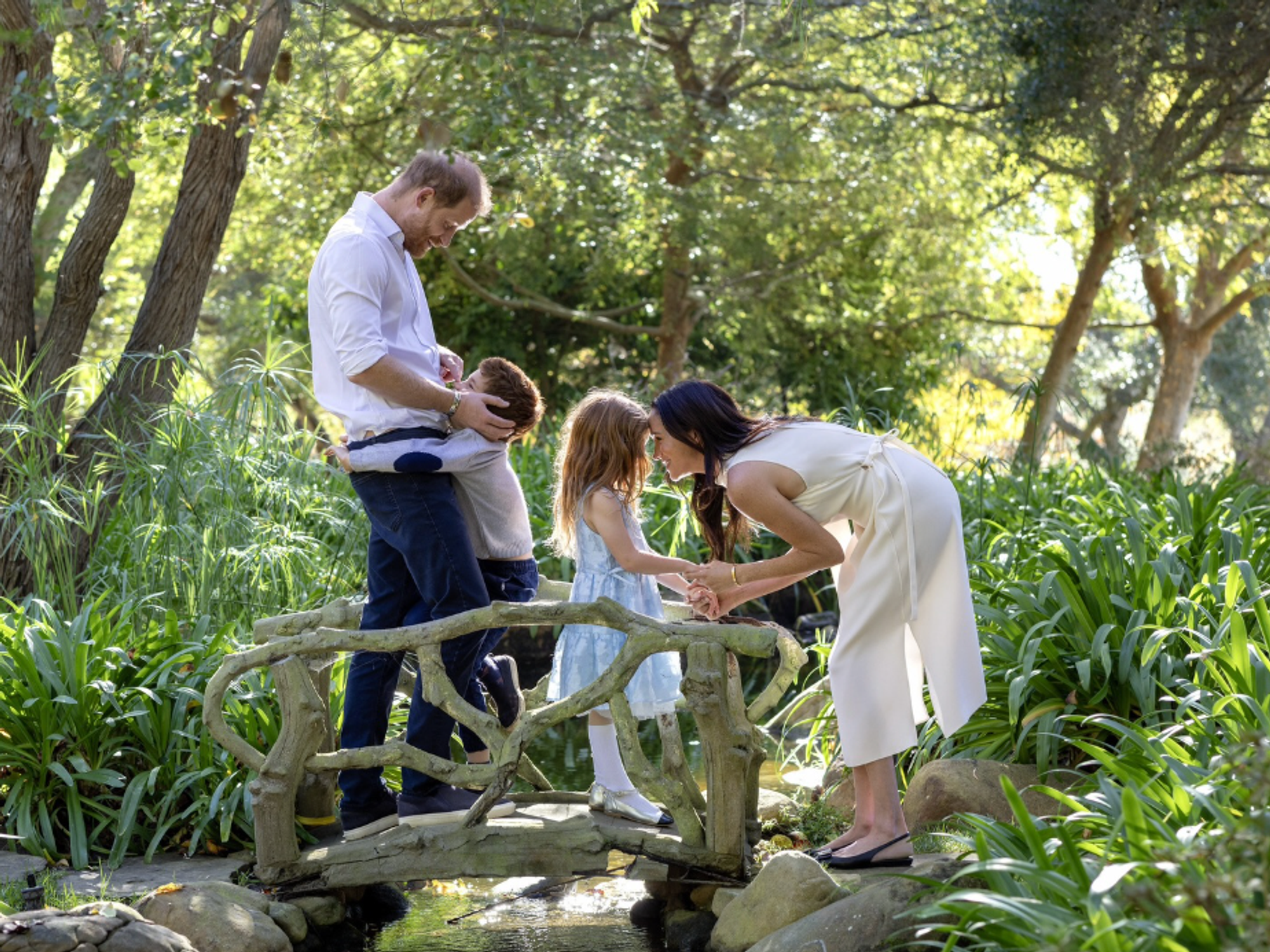When to stop drinking alcohol before bedtime to ensure a good night's sleep - 'reduce the chance of waking from dehydration'
Our bedtime routines could be impacted over the festive season
Don't Miss
Most Read
With the week of Christmas now upon us, late-night plans with friends and family will be likely in place for many Britons. However, several aspects of festive fun, including drinking alcohol, indulgent eating and waking at various hours, can negatively impact our sleeping patterns.
Sleep environment expert and managing director of natural sleep brand Woolroom, Chris Tattersall, shared five things people should do for quality shut-eye.
One of his top tips was to put down your festive tipple around an hour or two before bedtime.
The value of sleep is significant, particularly in managing stress, recharging your body and mind, and supporting your immune system - which is crucial over the winter months. So, taking the steps to ensure quality sleep is vital.

The expert recommended creating a comfortable sleeping environment
|GETTY
Be mindful of your alcohol intake
Over Christmas, many people increase their alcohol intake when with family and friends. Alcohol disrupts your rapid eye movement sleep - a stage of sleep associated with dreaming and memory consolidation - leaving you feeling groggy the next day.
Chris said: "I would recommend trying to have your final drink an hour or two before bedtime and drinking plenty of water during the evening to reduce the chance of waking from dehydration."
Watch out for rich foods before bed
The expert said: "Nothing says Christmas like a belly full of indulgent, delicious treats, but I would advise trying to avoid too much rich food before bed as these can cause discomfort, indigestion or even heartburn.
"Aim to enjoy heavier meals at least two to three hours before bed to give your body more time to digest the food."
Create a comfortable sleep environment
Being in a comfortable environment is vital for relaxation before closing your eyes and drifting off to sleep.
Chris advised: "Prioritise cosy lighting, minimal noise and even aromatherapy to create a calming sanctuary in your bedroom."
Unwind before bed
What may seem obvious for a good night's sleep sometimes goes unnoticed during the festive season. Making sure you take a moment to de-stress before going to bed is key to achieving quality sleep.
The expert said: "Avoid stimulants like caffeine and screen time in the hours before bed. Caffeine stays in your body for up to 15 hours after consumption so be mindful of when you are consuming it. Similarly, blue light from screens mimics daylight and suppresses melatonin (the sleepy hormone).
"Instead, opt for relaxing activities like reading, deep breathing or meditation to signal to your body that is time to start unwinding and prepare for sleep."
LATEST DEVELOPMENTS

The festive season could negatively influence your sleep quality
| GETTYPrioritise a sleep routine
While it may prove difficult over the Christmas period, maintaining a routine is one of the best things you can do for your sleep.
Chris advised: "Routine is sleep's best friend. Although it can be difficult during the festive season, sticking to a consistent schedule will keep your body clock regulated and leave you feeling more refreshed.
"Late nights are inevitable during the festive season but try to balance them out by maintaining your normal wake-up time in the morning."










